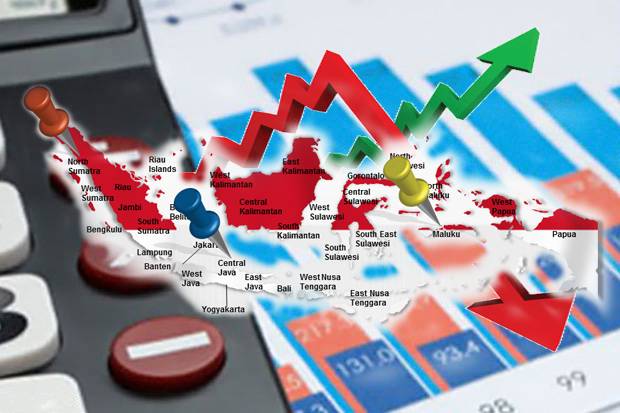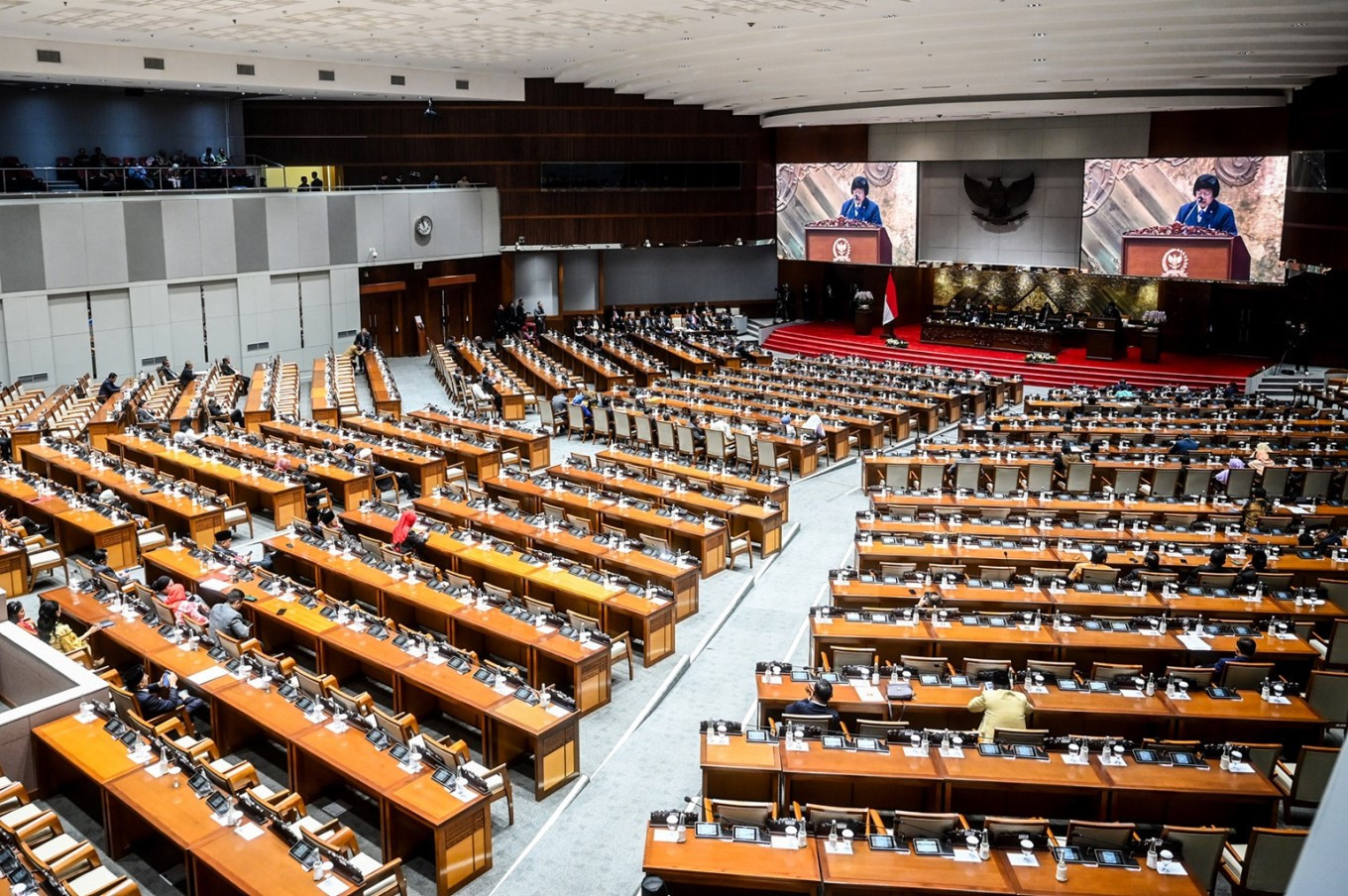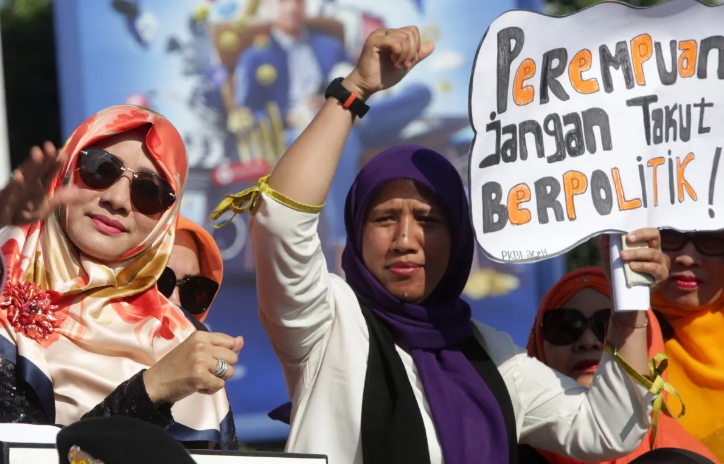Political Representation: Ensuring Indonesia Diverse Voices & Real Impact in Decision Making
JAKARTA, turkeconom.com – Political representation is a cornerstone of democracy, ensuring that the voices of diverse communities are heard and considered in decision-making processes. In Indonesia, a nation characterized by its rich cultural diversity, the importance of inclusive representation cannot be overstated. This article examines the current state of political representation in Indonesia, the challenges faced, and the steps necessary to ensure that all voices contribute to shaping the nation’s future.
The Importance of Political Representation

Reflecting Diversity
Indonesia is home to over 300 ethnic groups, each with its own unique culture, language, and traditions. Effective political representation is essential for reflecting this diversity within government structures. By including representatives from various backgrounds, the government can better address the needs and concerns of all citizens, fostering a sense of belonging and inclusion.
Enhancing Decision-Making
Diverse voices in political representation lead to more comprehensive and effective decision-making. When individuals from different backgrounds contribute to discussions, policies are more likely to consider a wider range of perspectives and experiences. This inclusivity can result in more equitable and just outcomes, ultimately benefiting society as a whole.
Building Trust in Governance
When citizens see themselves represented in political institutions, it fosters trust in the government. Political representation that reflects the population’s diversity can enhance legitimacy and accountability, encouraging greater civic engagement and participation in the democratic process.
Current Challenges in Political Representation
Underrepresentation of Minorities
Despite Indonesia’s diverse population, many minority groups remain underrepresented in political institutions. This lack of representation can lead to the neglect of their interests and issues, perpetuating inequalities and social injustices. Efforts must be made to ensure that all communities have a voice in the political arena.
Gender Inequality
Gender representation in Indonesian politics continues to be a significant challenge. Women are often underrepresented in decision-making roles, limiting their influence on policies that affect their lives and communities. Promoting gender equality in political representation is crucial for achieving a more balanced and inclusive governance structure.
Barriers to Participation
Structural barriers, such as socioeconomic disparities, lack of access to education, and political apathy, hinder the participation of various groups in the political process. Addressing these barriers is essential for creating an environment where all citizens can engage meaningfully in politics.
Strategies for Enhancing Political Representation
Promoting Inclusive Policies
To ensure diverse voices are heard, it is essential to implement inclusive policies that encourage the participation of underrepresented groups. This may include quotas for women and minority candidates, as well as support for grassroots movements advocating for representation.
Strengthening Civil Society
Civil society organizations play a vital role in promoting political representation. By empowering these organizations, the government can create platforms for marginalized voices to be heard. Supporting initiatives that educate citizens about their rights and the importance of political engagement can also foster greater participation.
Encouraging Youth Engagement
Engaging young people in the political process is vital for the future of democracy in Indonesia. Programs that promote civic education and encourage youth participation in politics can help cultivate a new generation of leaders who represent the diverse fabric of Indonesian society.
Utilizing Technology
Technology can serve as a powerful tool for enhancing political representation. Social media platforms and online forums provide spaces for diverse voices to share their opinions and advocate for change. Governments and organizations can leverage these tools to facilitate dialogue and increase awareness of underrepresented issues.
Conclusion
Political representation is essential for ensuring that Indonesia’s diverse voices are included in decision-making processes. By addressing the challenges of underrepresentation, gender inequality, and barriers to participation, Indonesia can create a more inclusive political landscape.
Promoting inclusive policies, strengthening civil society, encouraging youth engagement, and utilizing technology are crucial steps toward achieving meaningful political representation. As Indonesia continues to evolve, fostering diverse voices in governance will not only enhance decision-making but also strengthen the democratic fabric of the nation.
Sharpen Your Skills: Delve into Our Expertise on Politic
Check Out Our Latest Piece on Political Narratives!











